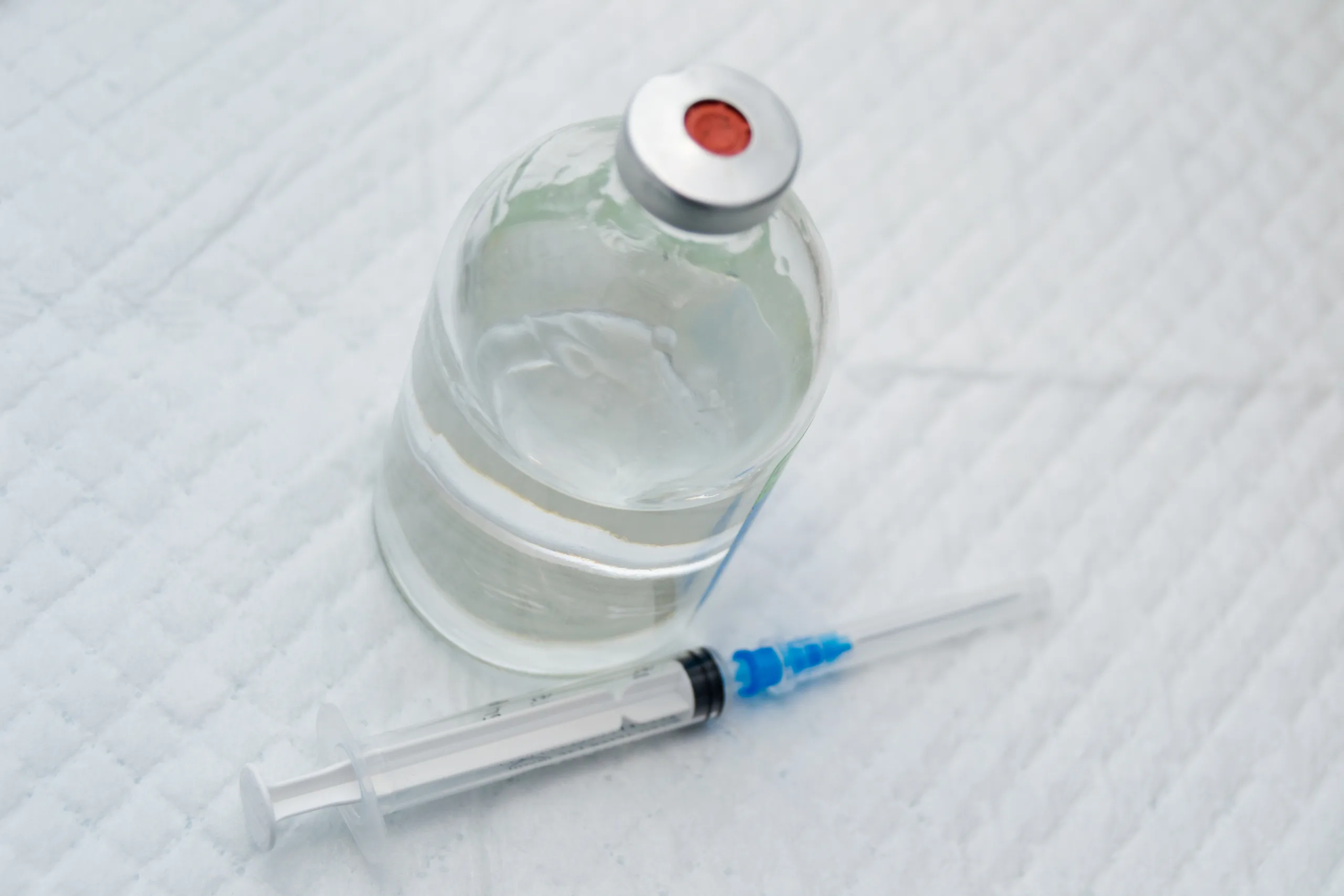Understanding Poppers: What They Are, Their Effects and Risks of Use and Abuse
Poppers, a term commonly used to describe a group of inhalant drugs called alkyl nitrites, have a unique place in recreational drug use. Known for their rapid onset and short-lived effects, they are popular in certain social scenes, particularly in clubs and among communities seeking to enhance sexual experiences. However, despite their relatively easy availability and widespread use, the risks associated with poppers are often underestimated. This blog will explore what poppers are, what effects poppers have on the body, and whether they carry risks of addiction or long-term harm. What Are Poppers? The term "poppers" refers to a class [...]
Understanding Relapse Rates Among College Students: A Closer Look at Addiction on Campus
College years are often filled with academic challenges, social exploration and personal growth. However, for a significant number of students, this time can also be marked by struggles with addiction and substance use disorders. Substance abuse among college students is a well-documented issue, with alcohol and drug use being prevalent across college campuses nationwide. Unfortunately, these issues come with a high risk of relapse, particularly when students attempt to balance recovery with the pressures of college life. Understanding the relapse rates in college students and the factors that influence these rates is essential to creating supportive environments that promote long-term [...]
Recognizing Early Signs of Relapse
For individuals in recovery, recognizing the early signs of relapse is critical to maintaining long-term sobriety. Those who are navigating the recovery journey should be aware of common relapse triggers and how to address them before they lead to a return to substance use. In this blog, we'll explore the substance with the highest rate of relapse, the key determinants of relapse, how to identify it early and when relapse is most likely to occur. We'll also look at the "pink cloud" phase and its impact on recovery, as well as the three rules of relapse. What Substance Has the [...]
What Kind of Impact Do the Side Effects of Oxycodone Have On Weight?
We are all familiar with the concept of side effects – if we stay out in the sun without sunscreen, we may get burned; if we forget coffee at the store, we won’t have any for in the morning; and if we fail to follow the instructions on our medications, we may be at risk for illness or addiction. Oxycodone is no exception. As an opioid, it has numerous side effects that users need to be aware of – from the abuse potential to the impact it may have on your weight. What is oxycodone? Oxycodone belongs to a group [...]
What is the Abuse Potential for Vicodin?
There is no denying that prescription opioid medications are used frequently – one could argue too often. Such is the opioid crisis we find ourselves in. Men and women, and even young adults and teens, have not been immune to the challenges of opioid tolerance and addiction. When prescription medications like Vicodin are prescribed to address pain and help individuals recover from surgery, for example, the pain-relieving benefits cannot be ignored. But when Vicodin is taken inappropriately, prescriptions are shared or one begins needing higher doses, it may be time to address the potentially forming addiction. What is Vicodin? Vicodin [...]
Benzodiazepine Withdrawal Duration, Timeline and Symptoms
Benzodiazepines are commonly prescribed for anxiety, insomnia and other conditions due to their sedative effects. However, long-term use can lead to physical dependence, and discontinuation can result in withdrawal symptoms. Individuals looking to discontinue benzodiazepine use safely must understand the withdrawal timeline, duration and the signs and symptoms. Benzodiazepine Withdrawal Timeline The withdrawal process can vary significantly depending on factors such as the specific benzodiazepine used, the dosage, duration of use and individual patient characteristics. Here is a general timeline of what to expect: Immediate Withdrawal (1-4 Days): - Onset: Symptoms typically begin within one to four days after [...]
Should I Break the Habit of Drinking Before Bed?
Having a drink before bedtime to calm one’s thoughts is not unusual – it is literally called a “nightcap” for this very reason. It has the stereotype of being a good little nighttime ritual and providing a relaxed state of mind before drifting off to sleep, but is that actually what alcohol does? Does it truly relax you enough to put you (and, more importantly, keep you) sleeping soundly throughout the course of the night? Studies contrary to popular belief say probably not. Should you drink alcohol before bed? It is undeniable that alcohol enhances that sleepy time feel – [...]
Maintaining Sobriety And Keeping My Friends: A How-To Guide
When you are in recovery for an alcohol use disorder (AUD), you are likely to find that a sober environment during the initial stages of recovery is what you need to feel supported while minimizing the possibilities of relapse. But as your recovery progresses and you feel stronger in your resolve and ready to engage and enter into different aspects of normal life outside of treatment, you may wonder – is it okay to be around friends who still drink alcohol? Can I maintain friendships with those who drink? Whether or not you choose to be around friends who consume [...]
What is Xylazine?
When illicit drugs are created in a lab, unadulterated products are rarely processed. Most of the time, manufacturers will mix drugs with other substances to expand the batch and make a great profit for less cost. One such substance that has been noted in these concoctions – and has even been abused on its own – is xylazine. Never intended for use in humans, xylazine poses a significant threat to the health of those who seek its effects. Due to its relatively new status as an abusable drug, few regulations currently exist to keep it from falling into the wrong [...]
Should I Look For a New Addiction Recovery Sponsor?
Addiction recovery is not a task easily achieved solo. Those recovering from addiction are frequently encouraged to rely on trusted friends and family, attend group sessions to meet with others in recovery and otherwise engage with the community around them to prevent any sense of isolation during the process. Additional support is also usually sought from addiction recovery sponsors. It is important that you feel safe with this man or woman, as their job is to be an additional person with whom you can confide. If you feel like this is jeopardized in any way for any reason, it [...]
Recognizing Sabotage From Loved Ones (But Also From You)
Addiction recovery is not something you pursue and experience with simplicity and ease. It is a long process of vulnerability and emotional and physical challenges. And it can be made even more difficult by sabotage – from ourselves and from those around us. What is sabotage? Sabotage has a few definitions, one of them being, “an act or process tending to hamper or hurt.” In addiction recovery, sabotage is when any person hampers or hurts the recovery process of themselves or another. Self-sabotage is a phrase commonly referred to in addiction recovery and implies that the one recovering is [...]
Reducing Alcohol Withdrawal Symptoms With Klonopin
When recovering from alcohol addiction, individuals will experience several withdrawal symptoms as a result of their body learning to adjust to the absence of the chemicals and toxins found in the substance. These symptoms can be dangerous and are undeniably unpleasant. Certain medications have been approved which mitigate withdrawal symptoms and help achieve sobriety. Understanding alcohol withdrawal Once a body has learned to function with increasingly high levels of alcohol in its system, it seemingly “forgets” how to properly function without it. If you seek to stop consuming alcohol after long periods of frequent consumption, you are likely to [...]












